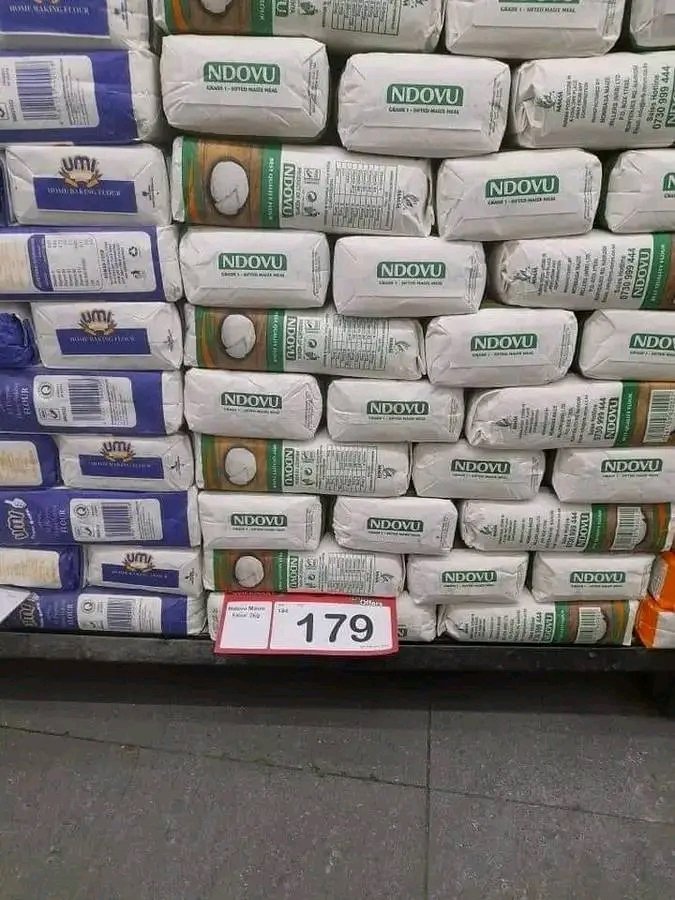World Bank push may raise cost of food and essentials

Prices of key consumer goods such as meat, wheat flour, avocado, toothpaste, and coffee may increase if Kenya adopts proposals by the World Bank to introduce a 16 percent value-added tax on currently exempt items in a move aimed at raising an extra Sh78.4 billion in revenue.
In its latest economic review, the World Bank has urged the government to remove several items from the VAT-exempt list, arguing that they are not widely consumed by poor households.
It believes scrapping the exemptions would not harm the poor but would instead unlock resources to strengthen social protection.
Currently, suppliers of exempt goods do not charge VAT, and the government forgoes tax revenue to keep these items affordable. Most food items are exempted or zero-rated to cushion low-income households from high costs, especially during poor harvests.
The World Bank, however, describes many of these exempt goods as luxuries for most poor Kenyans. The list of items it wants taxed also includes popcorn and postal service fees.
The proposals come as the National Assembly considers changes under the Finance Bill 2025 that would shift some zero-rated goods to exempt status, including raw materials used to manufacture medical products, animal feeds, and transport of sugar from farms to mills.
Unlike zero-rated goods, which allow producers to claim input VAT refunds, exempt goods do not permit such refunds, raising the cost of production and, ultimately, prices for consumers.
The Parliamentary Budget Office has raised concerns, questioning whether the planned changes amount to necessary reform or a bid to increase government revenue without deeper restructuring.
The World Bank argues that Kenya has made slower progress in fighting poverty than many of its peers and says revising VAT policy could free up funds to better support low-income families.
It outlines three possible reform paths. The first is to impose 16 percent VAT on all currently exempt goods, raising Sh78.4 billion for social support.
The second option is to maintain some exemptions but lower the VAT rate to 14 percent, generating Sh29.5 billion in savings, half of which could be used for cash transfers.
The third is to keep the current VAT structure but raise the rate to 18 percent, yielding Sh49.1 billion, with Sh16 billion set aside for welfare programmes.
“These fiscal reforms, by freeing up resources from inefficient subsidies and generating new revenue streams from VAT, provide a sustainable pathway to scale up cash transfers,” says the World Bank.
“This expansion in coverage, coupled with adequate benefit levels, will have a significant impact on reducing overall poverty and inequality in Kenya.”
VAT is Kenya’s largest source of tax revenue, contributing around 25 percent of all ordinary revenues.
The World Bank believes adjusting exemptions and rates could help channel more funds to the country's most vulnerable, especially those living below the poverty line of Sh885 per day.
